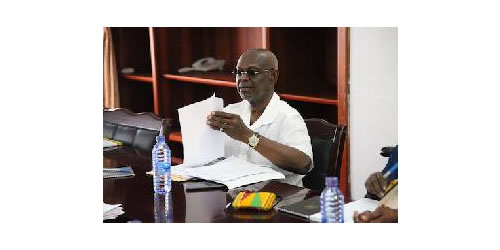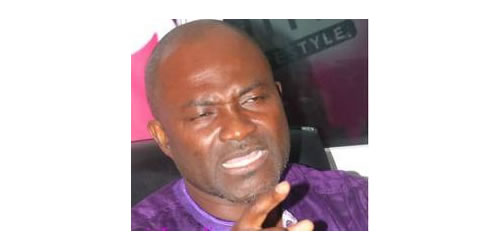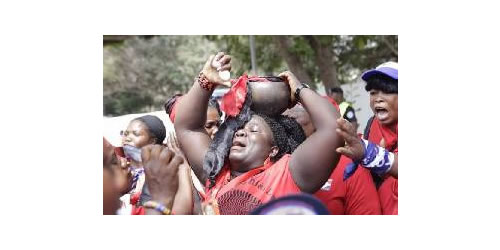‘40-Year national plan must have legal backing’

The Chairman of the National Development Planning Commission (NDPC), Prof. Kwesi Botchwey, has pointed out that without legal backing, the proposed 40-Year development plan for the country will have no future.
He stressed that the plan needed to transcend all regimes to remain intrinsically relevant to the nation.
Consequently, he disclosed that the NDPC was in the process of seeking a legal instrument that would bind successive governments to adhere to the development agenda.
Prof Botchwey said this at a regional forum on the development plan for stakeholders in the Greater Accra Region in Accra yesterday.
The one-day forum was attended by stakeholders from all the sectors of the economy, including the agricultural and the fisheries sectors.
It was aimed at soliciting views from the stakeholders for the formulation of a framework on which institutions could build their medium-term development proposals.
Prof. Botchwey said with the 40-Year development agenda, Ghana could triple the chances of attaining its development goals.
He said the plan would serve as a holistic basis for the assessment of the performance of successive governments, adding that “it will also reduce the party-politicisation of development process”.
The Greater Accra Regional Minister, Nii Laryea Afotey-Agbo, commended the NDPC for organising consultative fora on the development agenda, particularly so as the fora would sensitise the public to the essence and benefits of the agenda.
With the 40-Year development plan, he said, Ghana would have the chance to address the numerous challenges that affected its development agenda.
“We can achieve the consistency and the continuity that we desire for the preservation of the supreme national interest, along with the flexibility that must be allowed for different political party strategies,” he said.
The Director-General of the NDPC, Dr Nii Moi Thompson, said the plan should drive the fundamental structure of the country’s development, just like South-Korea, which had the same economic growth indices that Ghana had in the 1960s but was currently far ahead of Ghana.
Source: Graphic.com.gh





